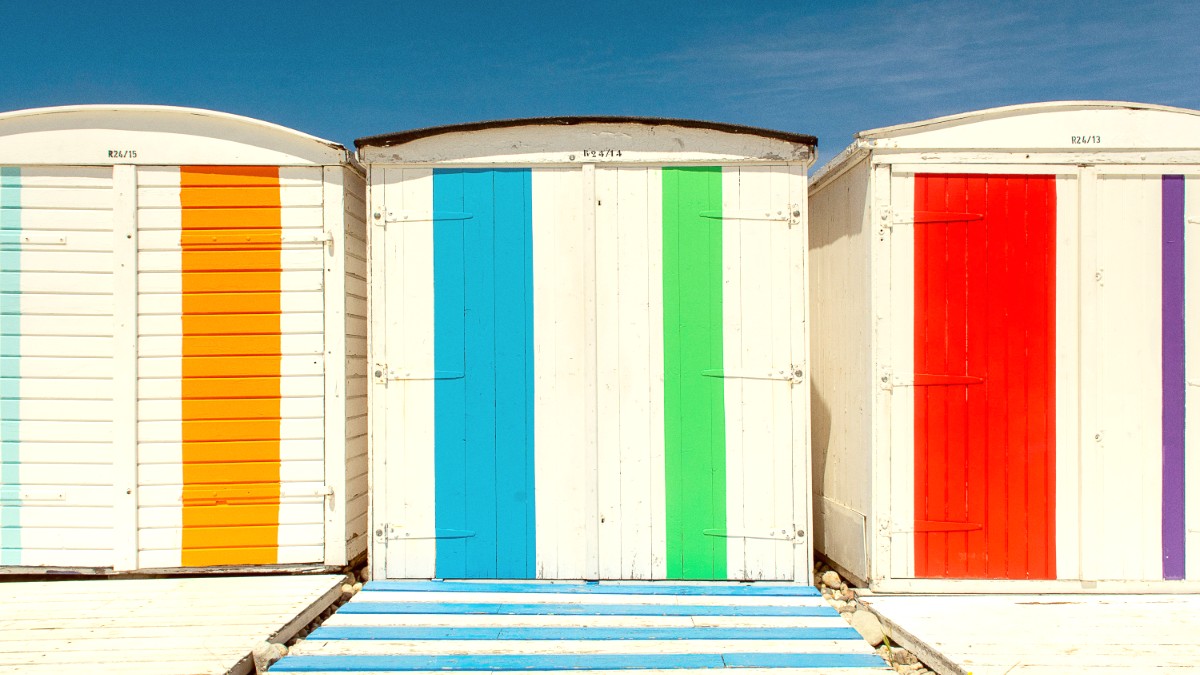
Normandy, France
Normandy's culinary heritage roots in its fertile farmlands and extensive coastline. The region produces France's famous cheeses, butter, and cream, alongside apples used for cider and Calvados.
Le Havre, as a bustling port, traditionally played a role in distributing these goods and incorporating fresh catches from the English Channel, maintaining a distinct Norman core.
Breakfast (7-9 AM), Lunch (12-2 PM, often largest meal), Dinner (7 PM onwards). Meals are social events, taken at a relaxed pace.
Keep hands visible; place bread on the table. Always greet staff with "Bonjour Madame/Monsieur" upon entering, and "Merci, au revoir" upon leaving.
Service is included, but a small extra tip for good service is appreciated. Reservations are recommended for dinner, especially on weekends.
Mussels cooked in various broths (often white wine or cream) served with French fries.
Widely available in seafood restaurants along the waterfront.
Chicken cooked in a creamy sauce with mushrooms, apples, and Calvados.
A creamy, hearty Norman classic found in traditional restaurants.
An iconic upside-down apple tart with caramelized apples, often served warm with cream.
A must-try dessert available in bakeries and restaurants.
Popular street food options for quick, satisfying snacks or light meals from stands and friteries.
Enjoy Norman cheeses like Camembert and Livarot. Boulangeries offer fresh croissants, pain au chocolat, and macarons.
Le Grignot offers refined cuisine focusing on local and seasonal ingredients. Several upscale hotel restaurants also provide exquisite dining experiences.
Numerous brasseries and traditional restaurants across the city center, Docks Vauban, and Saint-François district.
Boulangeries, crêperies, markets, and supermarkets provide affordable and satisfying options.
Vegetarian options are increasingly common. Vegan options are limited but growing in larger cities. Use apps like HappyCow or search online for "vegan Le Havre."
Communicate clearly with restaurant staff for best results.
Awareness is increasing. Learn French phrases for your needs, e.g., "Sans gluten, s'il vous plaît."
A French phrasebook with food terms proves invaluable. Stick to naturally gluten-free options when in doubt.
Check with the Tourist Office for Norman cuisine workshops.
Day trips to Pays d'Auge offer cider, Calvados, and cheese tastings.
Seasonal seafood (scallops in autumn) and produce events occur.
Dining with port or beach views, or contrasting modern vs. Traditional eateries.
Visit Les Halles covered market for fresh local produce, cheeses, and prepared foods, ideal for a picnic.
Open Tuesday to Sunday mornings (Place Léon Meyer).
Grab a crêpe, waffle, or frites from a stand, or a sandwich from a boulangerie for an inexpensive meal.
Perfect for a quick bite or breakfast on the go.
Treat yourself to a fine dining experience at a restaurant known for its refined cuisine and elegant ambiance.
For quick meals, bakeries and crêperies are abundant, offering fresh and tasty options throughout the day.
Keep your hands visible above the table at all times. Bread is typically placed directly on the table, not on a side plate.
Meals in France are often social events, taken at a relaxed pace. Expect to spend a considerable amount of time savoring your food and conversation.
Always greet restaurant staff with "Bonjour Madame/Monsieur" when entering and "Merci, au revoir" when leaving.
This covered market (Place Léon Meyer) is a hub for fresh seafood, cheeses, meats, and local produce.
Open Tuesday to Sunday mornings for an authentic experience.
Various neighborhoods host weekly outdoor markets. Check local schedules for specific days and times to find fresh goods.
These offer a lively atmosphere and a direct connection to local farmers and producers.
Experience rich Norman cream, butter, and famous cheeses like Camembert, Livarot, and Pont-l'Évêque.
Savor apples in tarts, savory dishes, and especially in local beverages like crisp cider and robust Calvados.
Enjoy an abundance of fresh catches from the English Channel, including mussels, oysters, and seasonal scallops.
Le Havre’s port city status brings subtle influences from other cultures, but the regional Norman identity remains strong in its cuisine.